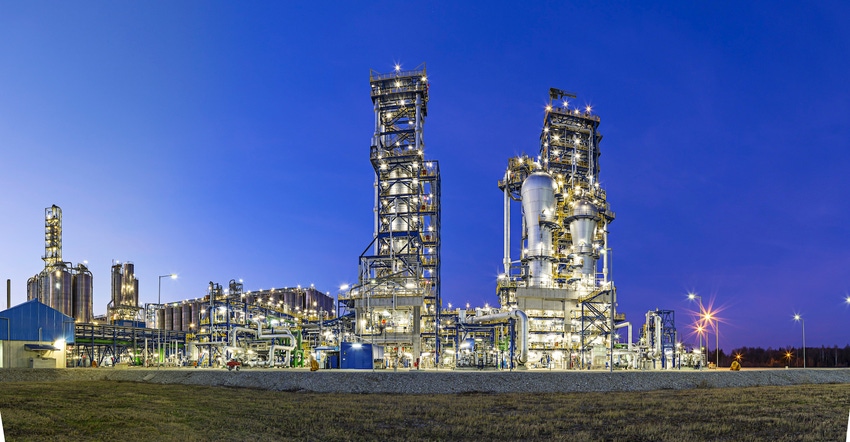Nextension Technology a Step Change for Performance Polyolefins
Odor-free automotive, mono-material packaging, and medical applications are among the target markets.
October 27, 2022

Borealis announced at K 2022 the launch of its proprietary Borstar Nextension technology, a step change for polypropylene (PP) performance. The combination of Borstar and the proprietary Borstar Nextension catalysts reportedly produces a wider range of tailored polyolefins than were previously available. In multilayer packaging applications, this technology enables the replacement of multiple materials with only one material, thus enabling easier recycling and encouraging design with recycling in mind.
The Borstar Nextension technology yields synergistic effects resulting from the combination of Borstar performance based on multi-modality and the controlled incorporation of the co-monomer — in this case, higher α-olefins — and the novel, single-site Borstar Nextension catalysts. The technology is a step change for PP performance because it broadens the range of properties thanks to the ability to tailor polymers for improved purity, transparency, and optics after sterilization, as well as superior sealing and bonding at lower temperatures.
This universal solution enables material substitution in multilayer, multi-material applications in a range of industries, including automotive, flexible packaging, and healthcare, as well as many molding processes. Initial product introductions for selected consumer packaging offer unbeatable transparency for film applications, said the company. In mobility, the Borstar Nextension technology will enable purity levels beyond today’s automotive industry requirements with reduced odor and volatiles in interior and exterior applications.
The Borstar Nextension technology drives plastics circularity. Its performance properties enable the use of only one material instead of many in multilayer applications. In a large number of applications, these circular packaging designs may include non-virgin grades, like those from the Bornewables portfolio of circular polyolefins manufactured with second-generation renewable feedstock, or from the transformative Borcycle portfolios containing grades made of polyolefin-based post-consumer recyclate.
The mono-material solutions enabled by this technology are easier to sort and recycle at the end of their first life cycle. Crucially, the high-performance mono-material applications produced using this technology encourage design for recycling. In sum, according to Borealis, using Borstar Nextension technology in the production of PP helps close the loop on plastics circularity while pushing performance boundaries.
“Our Borstar Nextension Technology opens exciting new horizons for PP by uniting outstanding performance characteristics with enhanced circularity,” says Lucrèce Foufopoulos, Executive Vice President, Polyolefins, Circular Economy and Innovation & Technology. “By setting new standards in advanced and circular polyolefins, we are leading the way in re-inventing essentials for sustainable living.”
K 2022 ran from Oct. 19 to 26 at Messe Düsseldorf in Düsseldorf, Germany.
You May Also Like


